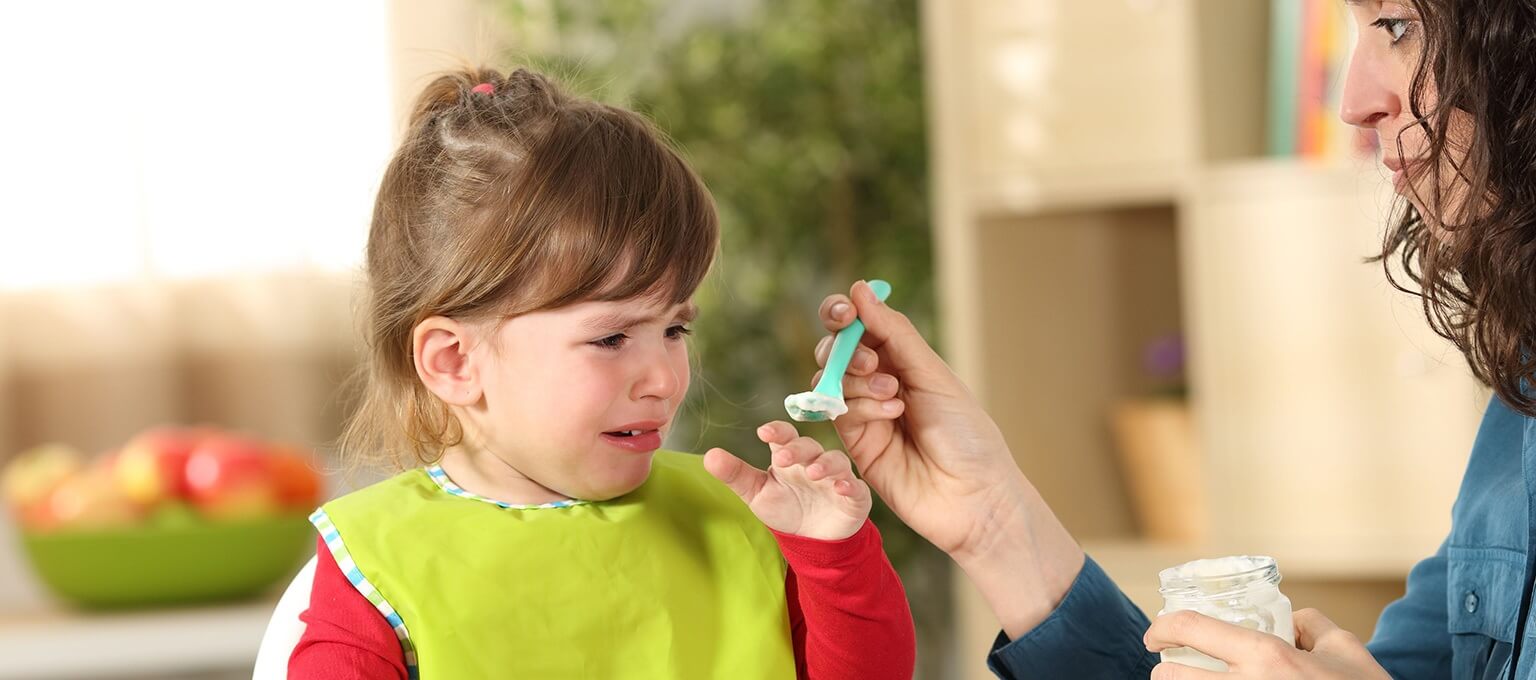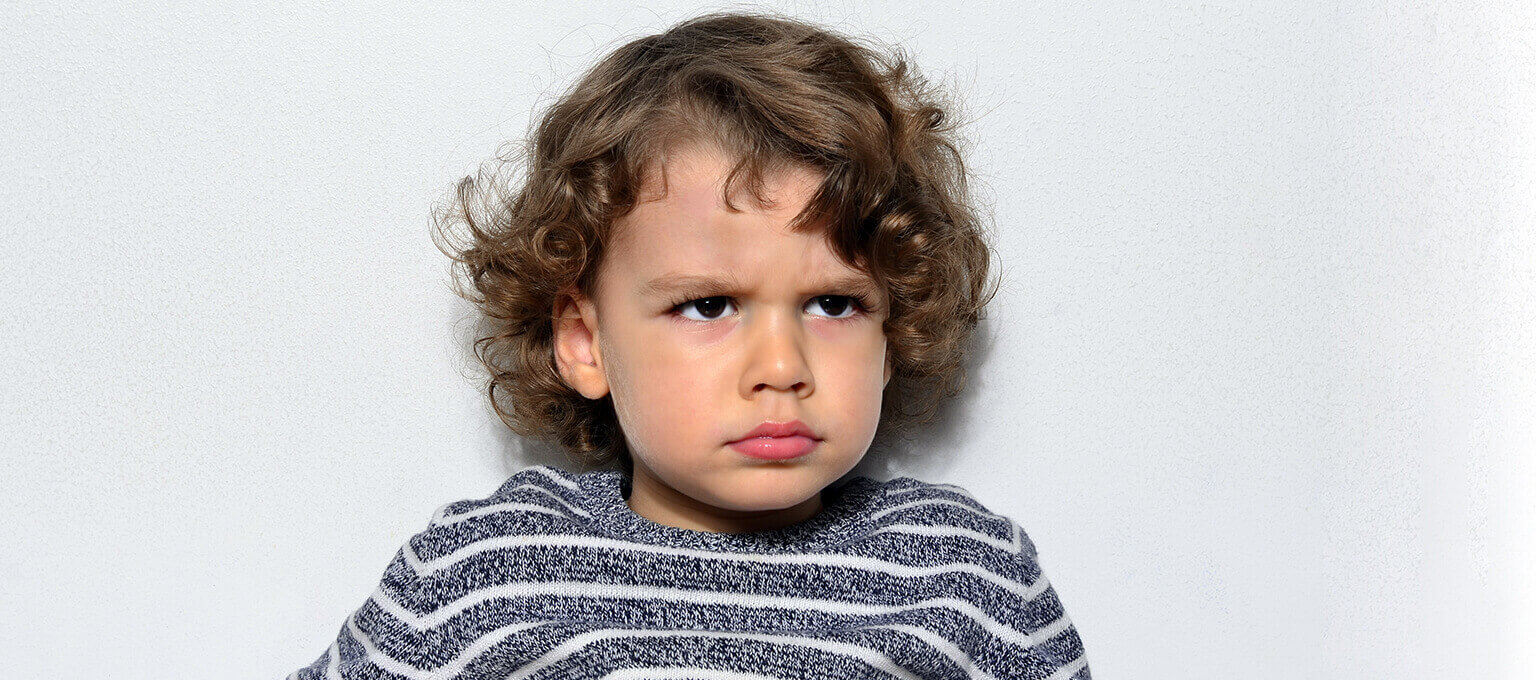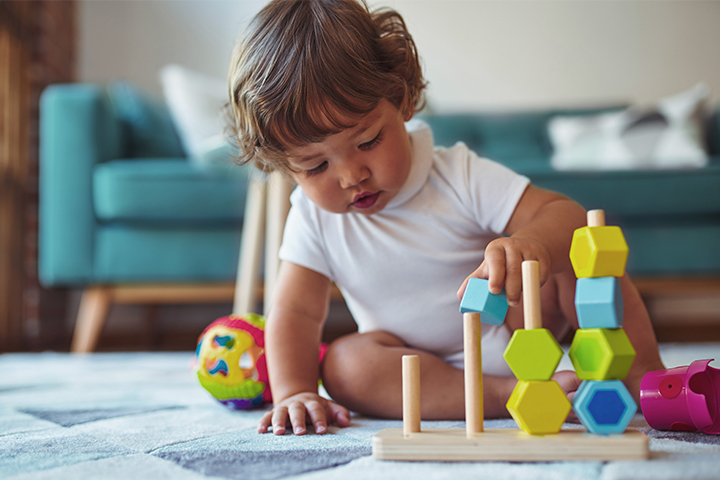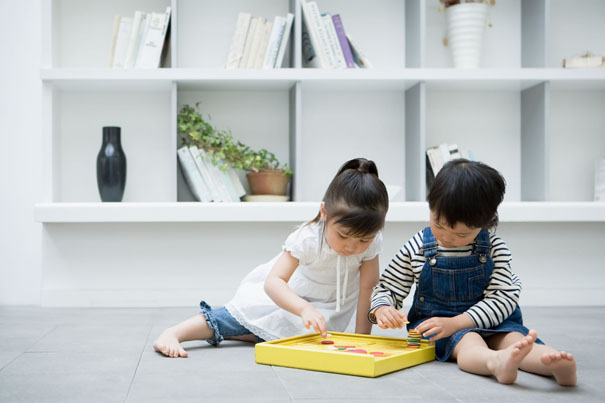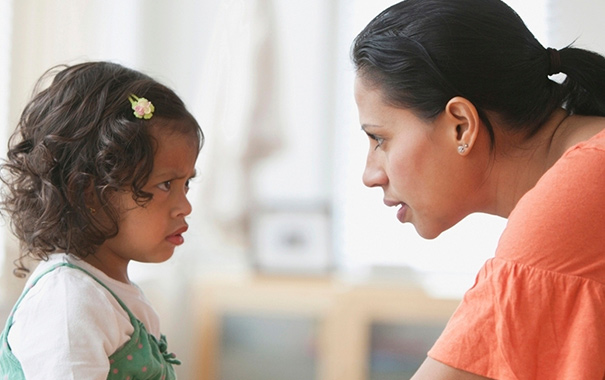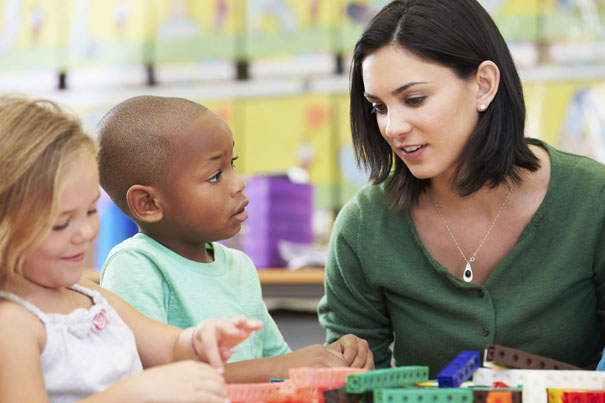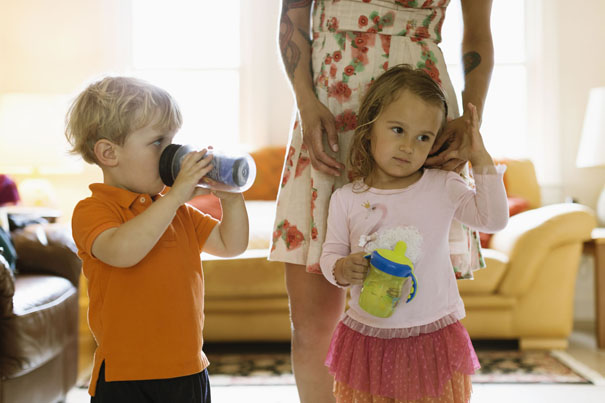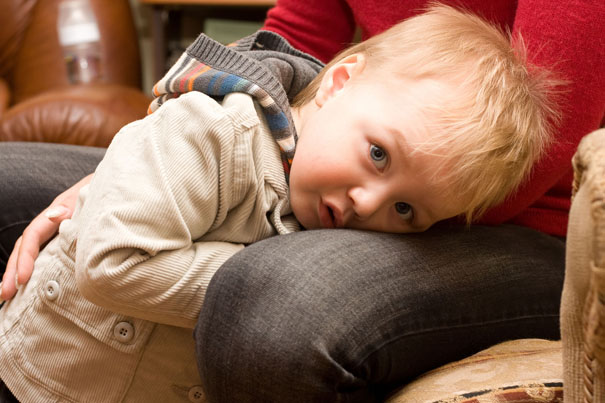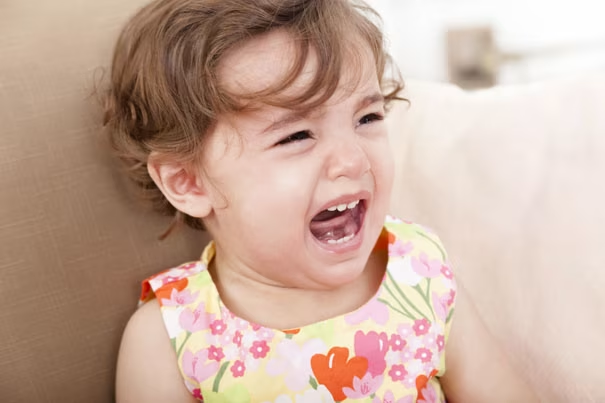
Why Some Children Cry More Than Others
There are children who routinely respond with tears to what seems like only the slightest provocation or challenge. Often they are viewed with disdain by other children and with embarrassment by their parents. Even the word "crybaby" reflects our disappointment that they aren't as mature or resilient as we'd like them to be.
Genetics and temperament seem to play a role in determining which children become crybabies. They are often the newborns who startle easily, have difficulty adjusting to bright lights, or seem very sensitive to the texture of clothing and diapers.
More Tears and More Laughter
That sensitivity appears to have a positive side as well: later on, these children generally become more empathic. They are quick to pick up and respond to the emotions not only of other children but also of animals. In their social interactions, they not only cry more than their peers, but laugh more as well.
Almost all toddlers and young preschoolers show dramatic emotional responses, such as anger or crying, over what parents and other adults think of as trivial issues. This is especially likely if they do not yet have the verbal skills they need to express their frustration when a playmate grabs their toy, for instance, or steps on their sand castle.
Such melodrama and tears are not expressions of weakness. Rather, they are signs that a young child is emotionally overwhelmed. Since he cannot express the intensity of what he's feeling in words, his emotions come out in tears. Generally, toddlers and preschoolers are quite forgiving of a playmate who occasionally cries. It's more of a problem for the parents, who sometimes (and wrongly) interpret their child's tears as evidence of a failure on their part.
How You Can Help
There are a few things you can do to help a sensitive child learn other ways besides crying to handle stress.
Read more about Toddler
Related Articles
Join a World of Support
through Pregnancy and Parenthood.
TRACK WITH TOOLS
LEARN WITH EXPERTS
GET REWARDED
